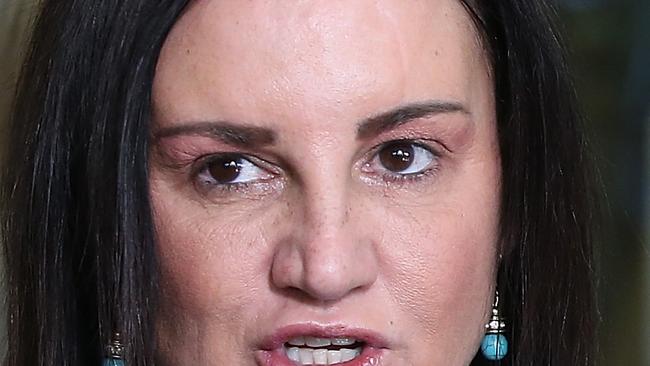Budget 2017: welfare crackdown features drug tests
Random drug-testing and tougher qualifying measures will underpin a sweeping overhaul of the welfare system.
Tough jobseeker compliance measures and a new drug-testing regime will underpin a sweeping overhaul of Australia’s welfare system, which will see seven payments, including Newstart, scrapped and replaced with one.
The streamlining of government payments and a crackdown on those deliberately gaming the system will be teamed with new programs aimed at helping vulnerable and at-risk welfare recipients transition from welfare to work.
A new focus on welfare-fuelled substance abuse will see the government introduce random drug-testing of 5000 people in three trial sites from January next year, with those testing positive forced onto cashless welfare.
Drug and alcohol abuse will be removed as valid exemptions for mutual obligation activities, with about 11,000 people affected, and the Disability Support Pension will not be available to someone on the sole basis that they have substance-abuse problems.
Vowing to target those trying to “take an easy ride” on the welfare system, Scott Morrison said the government would no longer accept excuses from repeat offenders. “The best way to get your welfare budget under control is to get Australians off welfare and into work,” the Treasurer said in last night’s budget speech.
The new compliance framework, to come into effect from July next year, will use a demerit point-based system that could see jobseekers stripped of their payments for up to a month if they repeatedly skip mutual obligation requirements, with the new regime forecast to save $632 million over five years.
About 100,000 people continually fail mutual obligation requirements, and the government estimates 40,000 of these “wilfully and systemically” game the system with no intention of working.
If you're on welfare, you might get drug tested. https://t.co/BZXixgyNVl #Budget2017 pic.twitter.com/3tNclyVYIX
— The Australian (@australian) 9 May 2017
Under the new rules, a person who fails to attend an appointment without a reasonable excuse will have their payment suspended and be penalised with demerit points. Individuals who accrue four demerit points in six months will enter an “intensive compliance phase” that will progressively cut payments if the jobseeker does not re-engage.
Additional mutual obligation requirements will be introduced, with 270,000 jobseekers aged 30-49 having to meet a new activity test of 50 hours a fortnight, up from 30 hours, and jobseekers over the age of 60 having to do at least 10 hours a week of volunteering to qualify for payments.
Once new spending on the welfare restructure is taken into account, the crackdown yields $204.7m in savings.
Among the largest of the new spending measures is $263m for an expansion of the ParentsNext pre-employment program that aims to help parents at risk of long-term welfare dependency into jobs, including in 20 targeted indigenous communities. The expanded program will assist about 68,000 parents each year.
The government has also committed extra funds to expand the cashless welfare card to two new locations, and will spend $145.5m over three years to extend income management in all current sites.
Almost $30m over four years will be allocated to provide help to welfare recipients suffering from drug and alcohol abuse, and formal rehabilitation will be considered an approved “activity” to allow payments to continue.
The move to simplify payments will see a new JobSeeker payment introduced as the main working-age payment, with seven current payments consolidated or ceased: the Newstart, Sickness, Partner, Bereavement and Widow allowances, along with the Wife Pension and the Widow B Pension.






To join the conversation, please log in. Don't have an account? Register
Join the conversation, you are commenting as Logout